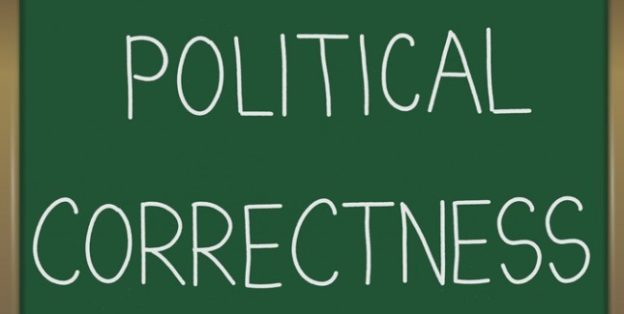Tag Archives: Career Coaching Brussels

When did political correctness become incorrect?
And when did respect become political correctness? Have you ever noticed how people apologise for political correctness or pour scorn on it as somehow it’s something we have to justify. We frequently hear sentences starting with “I know this is politically incorrect but…..” They then go on to say something mildly or even extremely offensive.…
Continue Reading »

7 tips to avoid being a toxic boss
Last week I wrote a post “5 ways to avoid a toxic workplace culture.” This took a macro view of workplace culture. I have been asked by many readers to give practical tips to avoid being or becoming a toxic boss. There is an old adage that says people leave bosses not organisations so all…
Continue Reading »

5 ways to avoid toxic workplace cultures
Very often those leading or working in toxic workplace cultures are unable to see things how they really are. Bad habits and behaviours are so deeply ingrained that the individuals involved no longer notice. Or if they do, they make excuses “That’s how he/ she is” or “that’s the way we do things here.” Then…
Continue Reading »

Toxic Talk, LinkedIn and the Anger Iceberg
Toxic talk is prevalent but has now reached LinkedIn For some years Academics have becoming increasingly concerned about the potential fallout from “uncivil discourse.” So called “toxic talk” can end up polarizing opinion “when individuals rather than issues are attacked” (Stryker, Conway, & Danielson, 2014). The concerns over incivility extend to the online information environment, where “nasty comments can…
Continue Reading »

Reflections on The future of HR at Carnival of HR
Never before has the future of HR been so under the microscope. The pace of change in our workplaces is unprecedented. Businesses need to make decisions and make them quickly around digitalisation, gig and agile workforces, gender balance, diverse and inclusive teams, employee performance and engagement, at a time of global economic uncertainty.The role of…
Continue Reading »

Try traffic light coaching for 2018
Today we will be inundated with posts about goal setting and New year’s resolutions. It’s well recorded that I’m not a fan of New Year’s resolutions especially when it comes to career goals. “In one year and out the next” is pretty accurate way to describe the process. I’ve long favoured manageable, achievable goals which…
Continue Reading »

Why don’t we use structured interviews more?
Most companies include interviews as part of their hiring process. Sometimes they are one to one, or perhaps with different members of the team or others involved in the hiring process. Interviews can be held in panels of two or more, but very often they are sequential with candidates meeting one person after another. They…
Continue Reading »

9 stages of career transition
Over the years I have coached probably thousands of men and women through career transition. And although each case is always unique, (everyone likes to think they are special) I have observed 9 common stages in the process which each career changer or transformer makes. 1.Detached and dissatisfied Most people seek out professional career support…
Continue Reading »

Social proofing is key to the recruitment process
Social proofing is here to stay – so be prepared Brendan O’Brien Partner – Technology Recruiting posted a LinkedIn update about comments on the social proofing site Glassdoor.com. Wow! Just had another candidate cancel an onsite interview based on a Glassdoor review. Pulling out of an interview based on a Glassdoor review is the equivalent to…
Continue Reading »

Affinity bias and the recruitment process
Affinity bias and cultural fit plays safe and stifles diversity Affinity bias is defined as: preference for certain types of people for whom they have an affinity, such as respondents who are similar to them or that they find attractive, and including them in the sample at higher rates than others. “The right fit” is…
Continue Reading »
